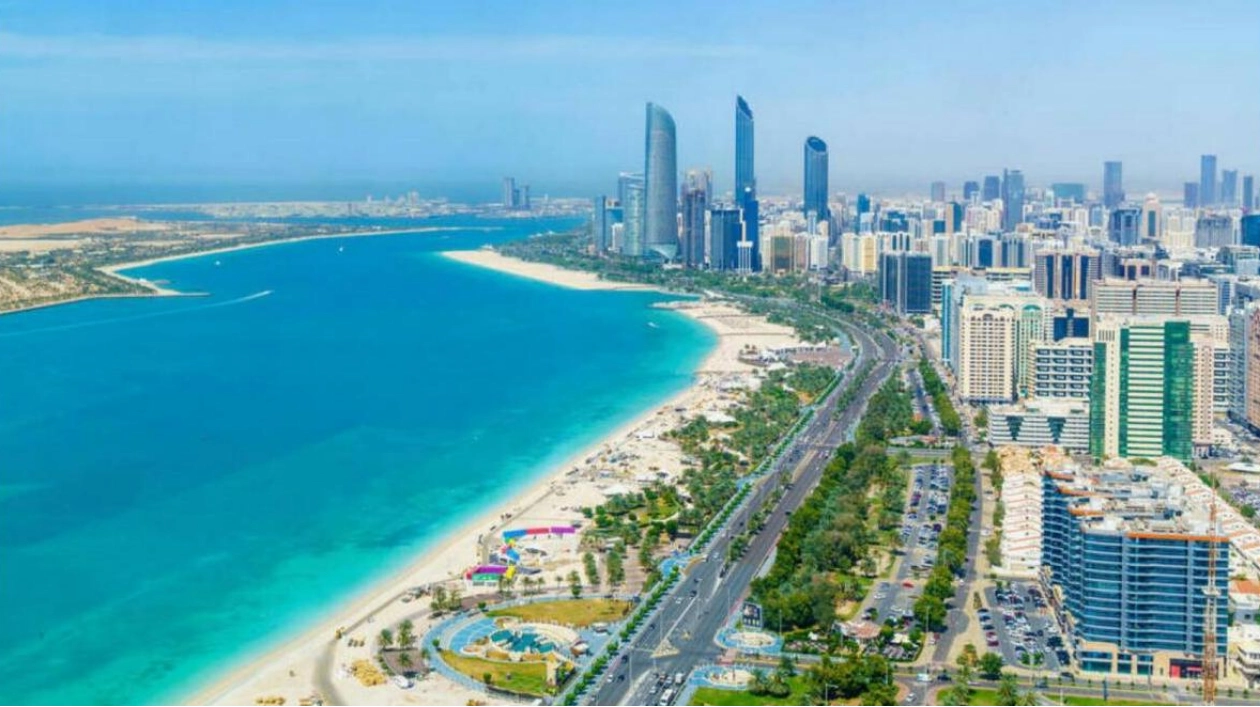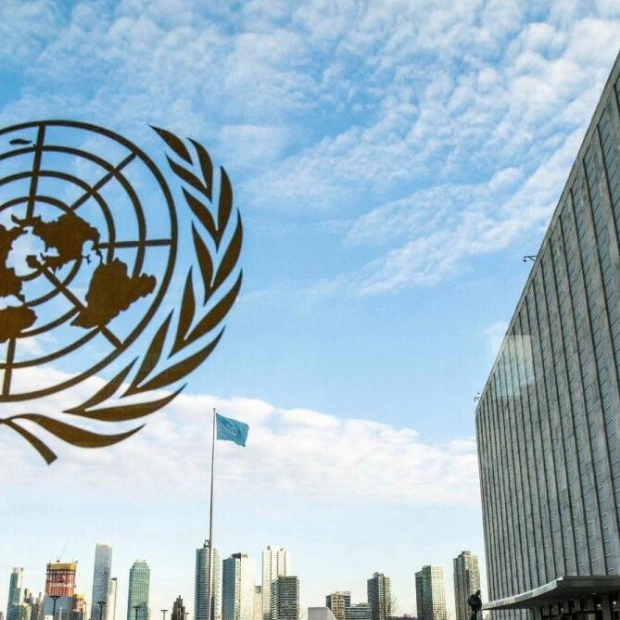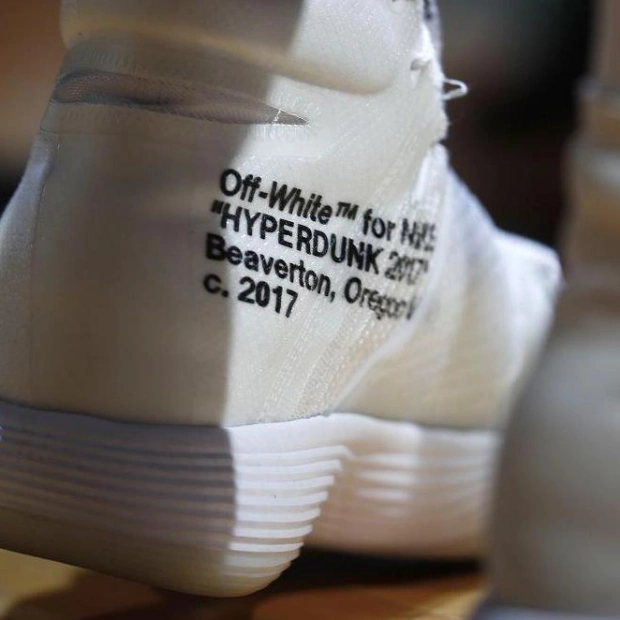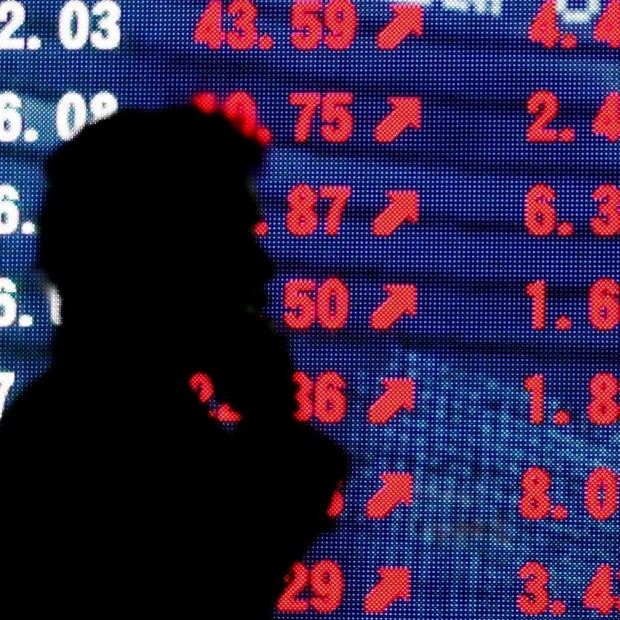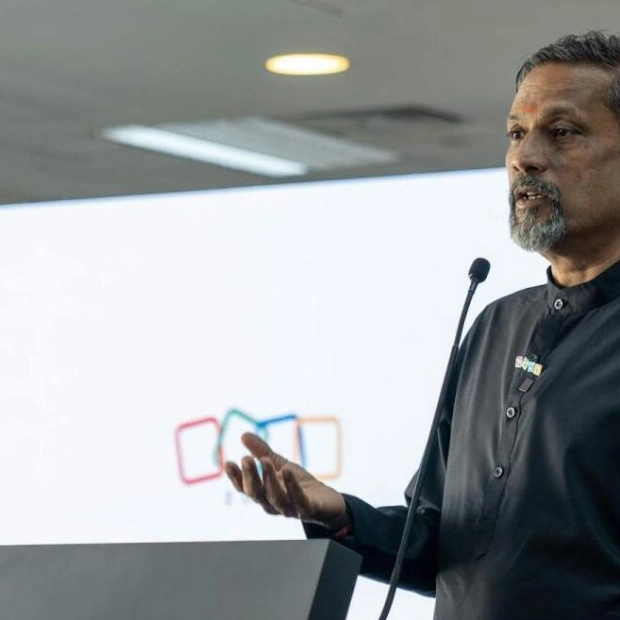Are you aware of the origin of your seafood? Understanding the journey and specifics of how, when, and where your fish was caught and subsequently processed is crucial, according to an Emirati entrepreneur affectionately known as the 'Turtle Sheikh'.
"Traceability is the foundation of sustainability because you cannot enhance what you cannot measure," stated Sheikh Fahim Al Qassimi, co-founder and chief impact officer of Seafood Souq, a digital platform for global seafood trade and traceability. In a conversation with Khaleej Times, Sheikh Fahim emphasized the necessity for transparency in the seafood supply chain. "Regrettably, seafood supply chains are highly opaque. For sustainability, if we aim to safeguard marine biodiversity as consumers and within the seafood industry, we must enhance transparency and traceability. Our company develops traceability tools for fisheries, processors, distributors, hotels, supermarkets, and restaurants to illuminate and increase transparency about the source of their seafood. This not only aids us in being better guardians of our marine environment but also empowers consumers to safeguard their choices," he explained.
Sheikh Fahim mentioned that Atlantis, Dubai, is utilizing Seafood Souq's technology to trace the origin of their seafood, ensuring consumer protection and sustainable sourcing. The SFS Trace software solution offers insights such as quality, freshness, and source, tracking data at every stage of the supply chain, from sea to plate.
Sheikh Fahim, renowned for rescuing injured sea turtles, aspires to digitalize the UAE's seafood economy. "We have around 6,000 fishing boats in the UAE. We aim to equip them with tools to boost the value of local catches, protect the brand of UAE-caught seafood, and integrate it into our markets, hotels, and restaurants," he shared at the annual Global Sustainability Forum in Abu Dhabi. Sheikh Fahim highlighted that his Emirati company is among the five global firms operating on a shared framework known as the Global Dialogue on Seafood Traceability, which the US will mandate for all seafood imports by 2026. Seafood Souq has already digitalized about 65% of South Africa's Pole and Line Tuna fisheries and plans to expand this across the UAE and the region.
The technology offers economic, social, and environmental benefits, according to Sheikh Fahim. "It enhances product value by ensuring traceability, reducing waste along the supply chain, and increasing income for fishermen." According to Planet Tracker, improved traceability could increase global seafood profits by 60%. Socially, fishing communities are vital, culturally and historically, and in the UAE, the seafood economy is valued at approximately Dh1.8 billion. Environmentally, being good stewards of the oceans is essential, as fish is the only food we extract from the earth. Utilizing data, AI, and technology to digitalize the industry will help achieve economic, social, and environmental goals, Sheikh Fahim concluded.
